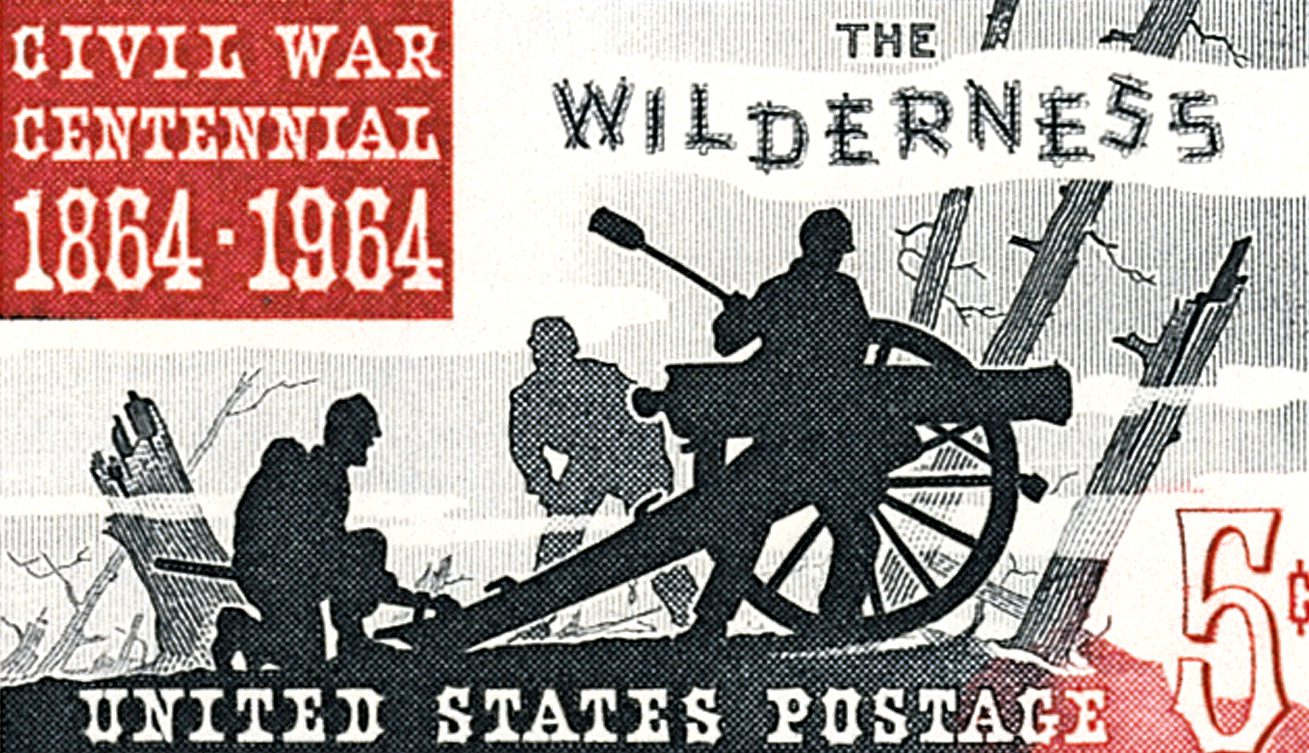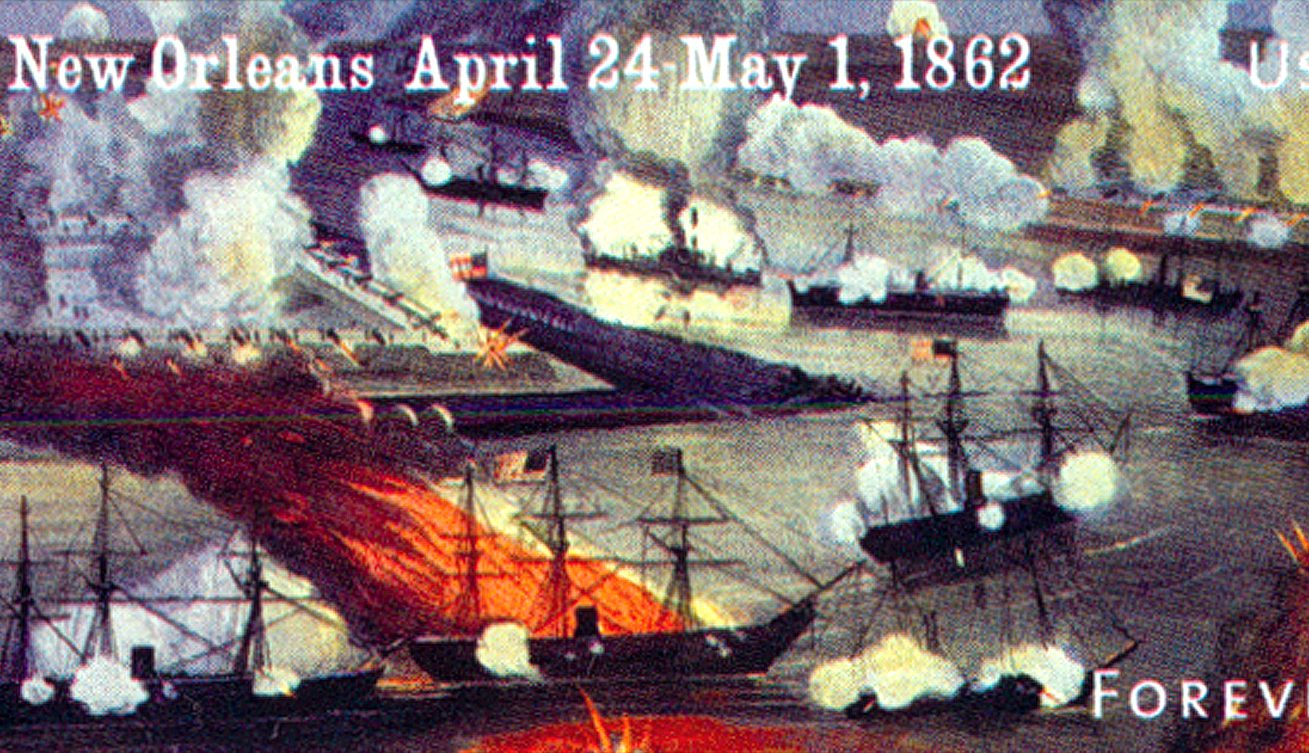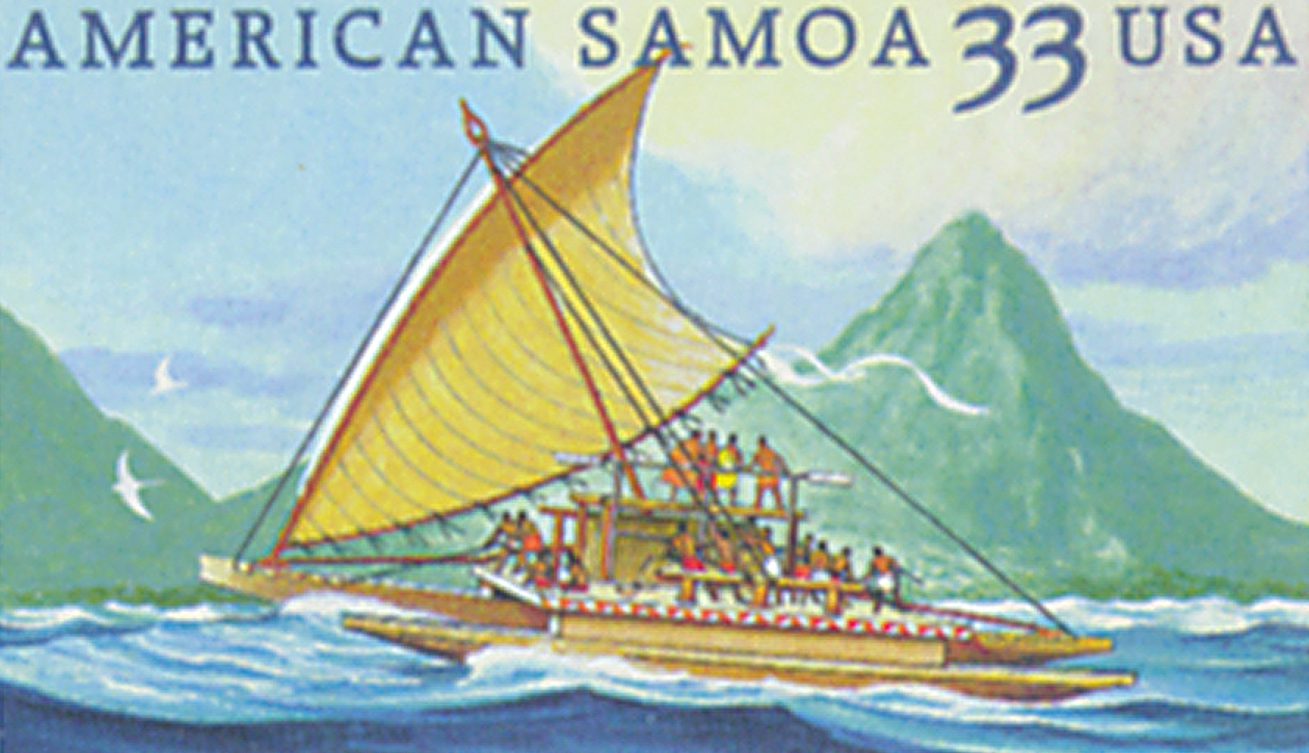Birth of Yogi Berra
Lorenzo Pietro “Yogi” Berra was born on May 12, 1925, in St. Louis, Missouri. He is widely considered to be one of baseball’s greatest catchers and best clutch hitters of all time.

Lorenzo Pietro “Yogi” Berra was born on May 12, 1925, in St. Louis, Missouri. He is widely considered to be one of baseball’s greatest catchers and best clutch hitters of all time.

On May 9, 1918, the US War Department created the Military Postal Express Service (MPES) to handle military mail in Europe during World War I. It was the first postal system in the world to be created by an Army.

On May 8, 1911, the US Navy purchased its first airplane. This date is celebrated as the birth of US naval aviation.

On May 5, 1864, Ulysses S. Grant and Robert E. Lee clashed for the first time at the Battle of the Wilderness in Virginia. It was the opening battle of Grant’s Overland Campaign, which was designed to destroy Lee’s Army of Northern Virginia.

On April 29, 1862, Union Admiral David Farragut captured New Orleans from Confederate forces. Capturing one of the Confederacy’s largest cities, known as the “Jewel of the South,” this was a major victory and turning point in the Civil War.

James Monroe was born in Westmoreland County, Virginia, on April 28, 1758, to successful plantation owners. America’s fifth president, Monroe presided over the “Era of Good Feelings” and issued the Monroe Doctrine, a policy that was invoked by presidents well into the 20th century.

On April 21, 1898, Spain ended diplomatic relations with America and the US Navy established a blockade of Cuba, marking the official start of the Spanish-American War. The war would last less than four months, but saw the downfall of the Spanish Empire and the rise of America as a major world power with several new possessions.

The first battles of the American Revolutionary War were fought on April 19, 1775 at Lexington and Concord. The American colonists’s brave stand showed the British, and the world, how dedicated they were to the cause of independence.

On April 17, 1900, chiefs on the island of Tutuila signed the Treaty of Cession of Tutuila, transferring control of American Samoa to the United States. The US Navy governed the island for half a century before it became self-governing, but remains an unincorporated US territory.